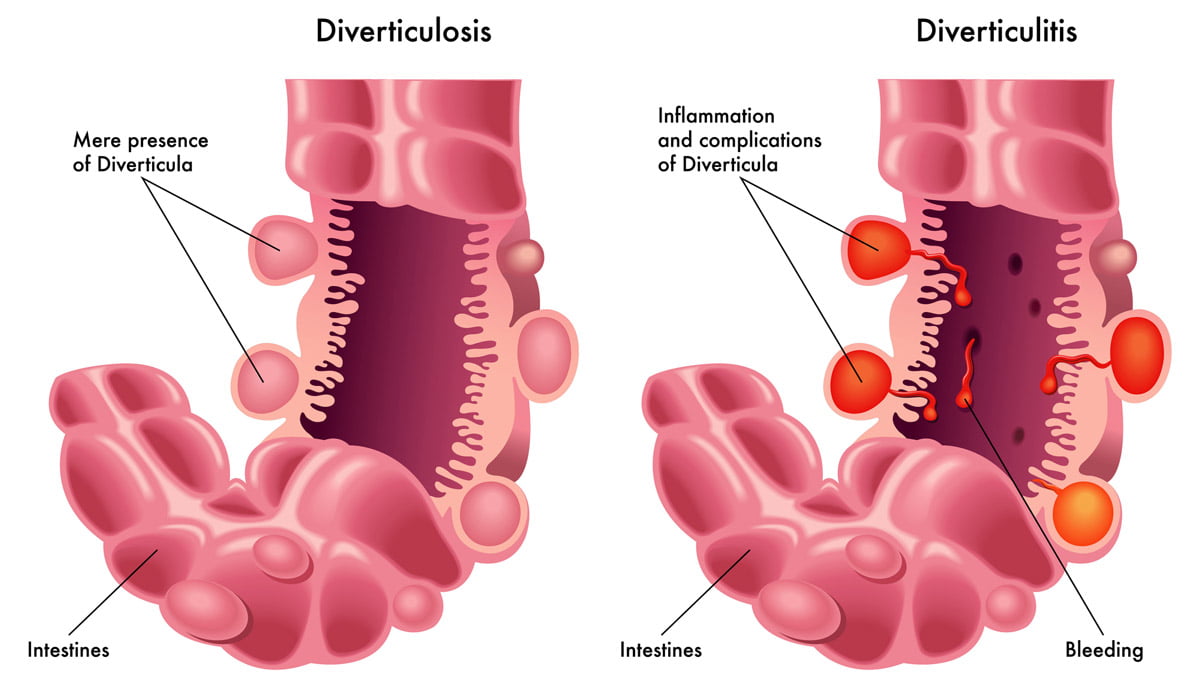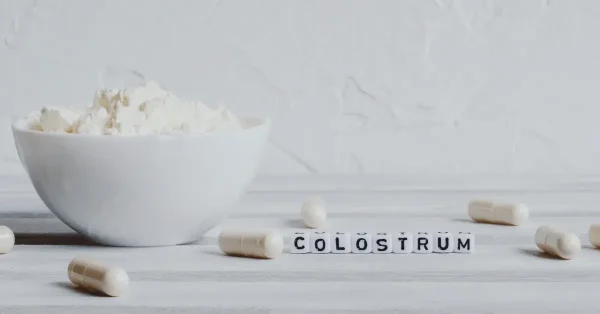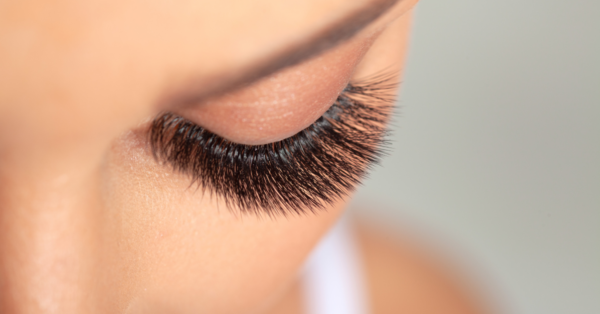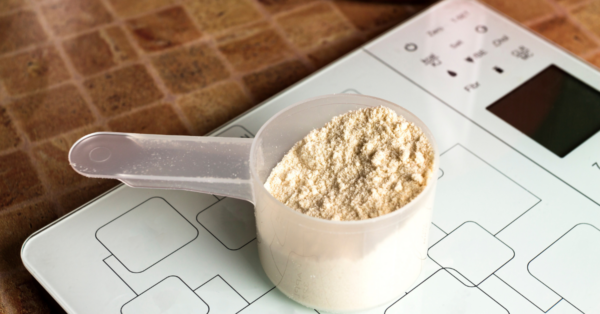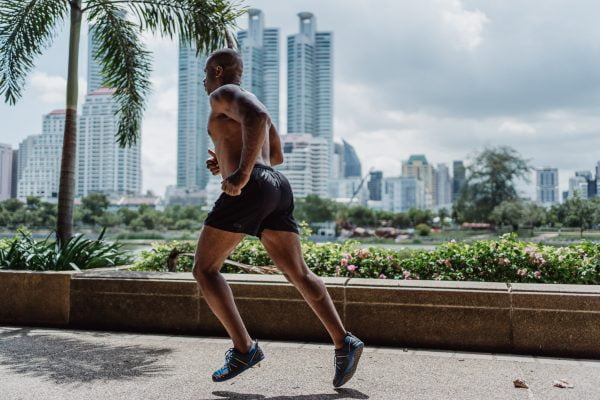Diverticula are small protruding pouches that can form in the lining of your digestive system. They most commonly form in the lower regions of the large intestine, especially after age 40, although they rarely present any problems. In certain occasions one or more of these pouches can become infected or inflamed in a condition referred to as diverticulitis.
There are a number of possible causes as well as treatment options available for those suffering from this debilitating affliction. In this article, we will explore advancements in medical research that can possibly alleviate this ailment with new, scientifically-backed methods.
Diverticulitis Symptoms
Most people who have diverticulitis may be unaware as symptoms often do not develop. As it is, diagnoses are most commonly achieved accidently while evaluating for other conditions or during screening exams for polyps. Gastroenterologists can also visually confirm diverticulitis in a procedure which uses a small camera attached to a flexible tube that is inserted into the rectum.
The most common symptom is abdominal pain, which can be constant and last for several days. This is primarily felt in the lower left abdominal region, although people of Asian descent often report the right side to be much more painful.
Some with the condition have also experienced bloating, abdominal cramps, or constipation due to an increased difficulty of stool passage. Others report nausea or vomiting, abdominal tenderness, and in less common cases, diarrhea. Blood in stool can also be experienced in more severe cases.
A condition referred to as sympathetic cystitis which causes chronic bladder pain can also develop if inflamed bowel portions come into direct contact with the bladder wall.
In addition, an abscess can occur if pus begins to collect in the pouch. If the inflamed pouch ruptures, intestinal contents can spill into the abdominal cavity in a medical emergency known as peritonitis.
Diverticulitis Causes
Diverticulitis remains relatively uncommon in regions of the world that maintain high fiber diets, rich in fruits, vegetables, and grains. Since this is the case, many doctors believe diverticulitis is at least in part caused by a low fiber diet. Smoking is another act known to cause an increased risk of development.
Low fiber diets can lead to constipation, and the strain during bowel movements which usually accompanies that can increase pressure in the digestive tract. That combination of strain and pressure repeated over many years is an extremely likely determining factor in the development of diverticulitis.
Diverticulitis Treatment
Some doctors will begin initial treatment with an antibiotic course and over the counter pain medication. They may also recommend at least 30 minutes of exercise on most days, as exercise promotes regular bowel function and reduces pressure inside your colon.
While some doctors may prescribe medication to help relax spasms in the colon that increase discomfort, there are several natural alternatives that can provide beneficial effects as well.
A high fiber diet significantly decreases the risk of developing diverticulitis. Fresh fruits, vegetables, and whole grains can soften waste material allowing it to pass through the colon at a quicker rate. Contrary to some beliefs, there is no proven association between eating seeds and nuts, and developing diverticulitis.
Fiber works by absorbing water and increasing the soft bulky wastes moving throughout the colon. Fiber is only constipating if you do not replace the liquid absorbed by drinking enough water. Therefore, when increasing your fiber intake, water is a necessary accompaniment.
A study by the Central Military Hospital and Postgraduate Institute of Medicine in Prague studied 15 patients diagnosed with uncomplicated diverticular diseases. Non-pathogenic Escherichia coli was introduced into their diet for 5 weeks and results were documented.
Patients who were experiencing abdominal pain, irregular defecation, bloating, and excessive flatulence noticed a decrease in severity of all symptoms. Researchers also concluded that the probiotic strain significantly prolonged remission periods as well as improved the abdominal syndrome.
A complementary study by Lorenzo Bonomo Hospital in Italy again tested the effects of probiotics in diverticular disease patients, this time in conjunction with the anti-inflammatory agent mesalazine. In a multicenter, randomized experiment, 85 patients affected with similar symptomatic uncomplicated diverticular disease were given doses of both substances for a 12 month period.
After that twelve week period 75 patients reported being symptom free with no recurrence after follow up or side effects present. Only 10 patients had symptom relief but experienced recurrence once treatment ended. Researchers concluded that mesalazine and Lactobacillus casei seem to be significantly effective in treatment of diverticular disease.
Although for more severe cases surgery may be required, it is important to consult with a healthcare provider to determine if less aggressive, natural treatment options may be considered. As research progresses in related fields, we are likely to see a push for naturally derived medicines including probiotics that will increase the overall quality of life for people battling this condition.
Please note: This information is intended only to provide general guidance. It does not constitute medical advice. It is very important that you consult your doctor about your specific condition.
- https://www.mayoclinic.org/diseases-conditions/diverticulitis/symptoms-causes/syc-20371758
- https://www.asge.org/home/for-patients/patient-information/understanding-diverticulosis
- https://www.ncbi.nlm.nih.gov/books/NBK459316/
- https://www.ncbi.nlm.nih.gov/pubmed/27014757
- https://www.ncbi.nlm.nih.gov/pubmed/12610327/
- https://www.ncbi.nlm.nih.gov/pubmed/16633103/

